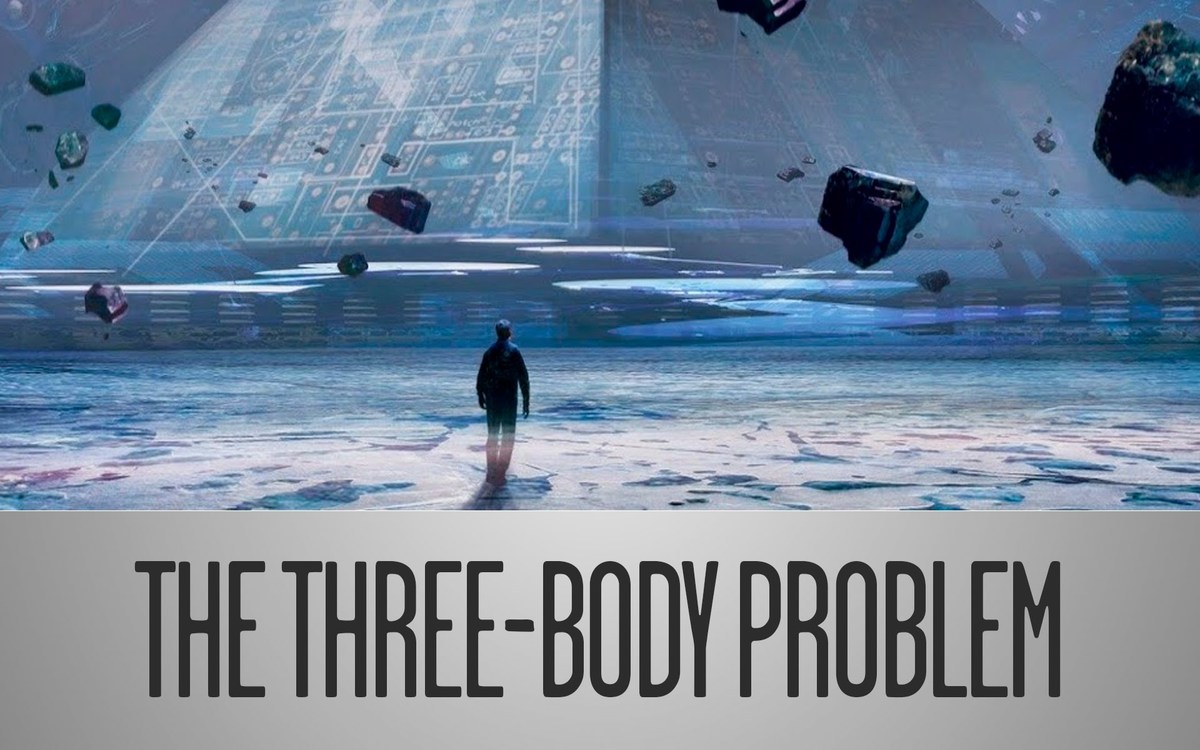Does Dolce & Gabbana’s ad campaign feature an ‘underdeveloped China’?
Top society and culture news for April 21, 2017. Part of the daily The China Project news roundup "Toxic ponds near Beijing."

Italian fashion brand Dolce & Gabbana (D&G) has pulled an online advertisement campaign that was shot in Beijing and sparked accusations of only showing the dilapidated side of modern China. In the collection of photos, several models wearing high-end fashion gowns pose themselves in Beijing’s centuries-old hutongs (hútòng 胡同) and famous tourist attractions such as Tiananmen Square, next to ordinary people such as tourists as well as taxi and pedicab drivers.
The marketing campaign is part of the brand’s attempt to localize itself to cater to Chinese consumers. D&G has launched similar campaigns in Hong Kong and Japan, in which models were seen against relatively fancier backgrounds with skyscrapers and flashing neon billboards.
The campaign triggered a huge debate in Chinese social media on whether D&G intentionally stereotyped China by choosing outdated street views as background instead of advanced modern areas such as the financial district in the city. Many of the comments on the Chinese social media platform Weibo labeled the photo collection as “offensive.” One internet user wrote, “It almost looks like North Korea! This is definitely not what China looks like now!” A photographer on Weibo compared (in Chinese) the D&G campaign with a photo collection featuring a Chinese theme that was produced by Vogue in 1993, saying, “D&G uses hashtag #DGLovesChina to promote their campaign, but I don’t sense any love in their photos.”
Others called the critical remarks too sensitive: “I guess everyone Chinese should examine themselves before going out. What they wear and where they are going. Are you being a drag on China’s image? If yes, you are not qualified to be Chinese. Meanwhile, we should learn from North Korea to designate a specific area for foreigners to take photos,” a Weibo user ridiculed (in Chinese) people from the opposite camp. There are more discussion on this topic on this Weibo thread (in Chinese).
- Journal retracts dozens of papers by Chinese scientists / Sixth Tone
- A new ‘cure’ for China’s millions of web addicts: Hack their computers / Foreign Policy
- Progress on depression slow in China as stigmas persist / ABC News
- China’s super-rich target environment, research in growing embrace with philanthropy / Caixin
- Bulldozers threaten what may be the world’s oldest animal fossils / Science






